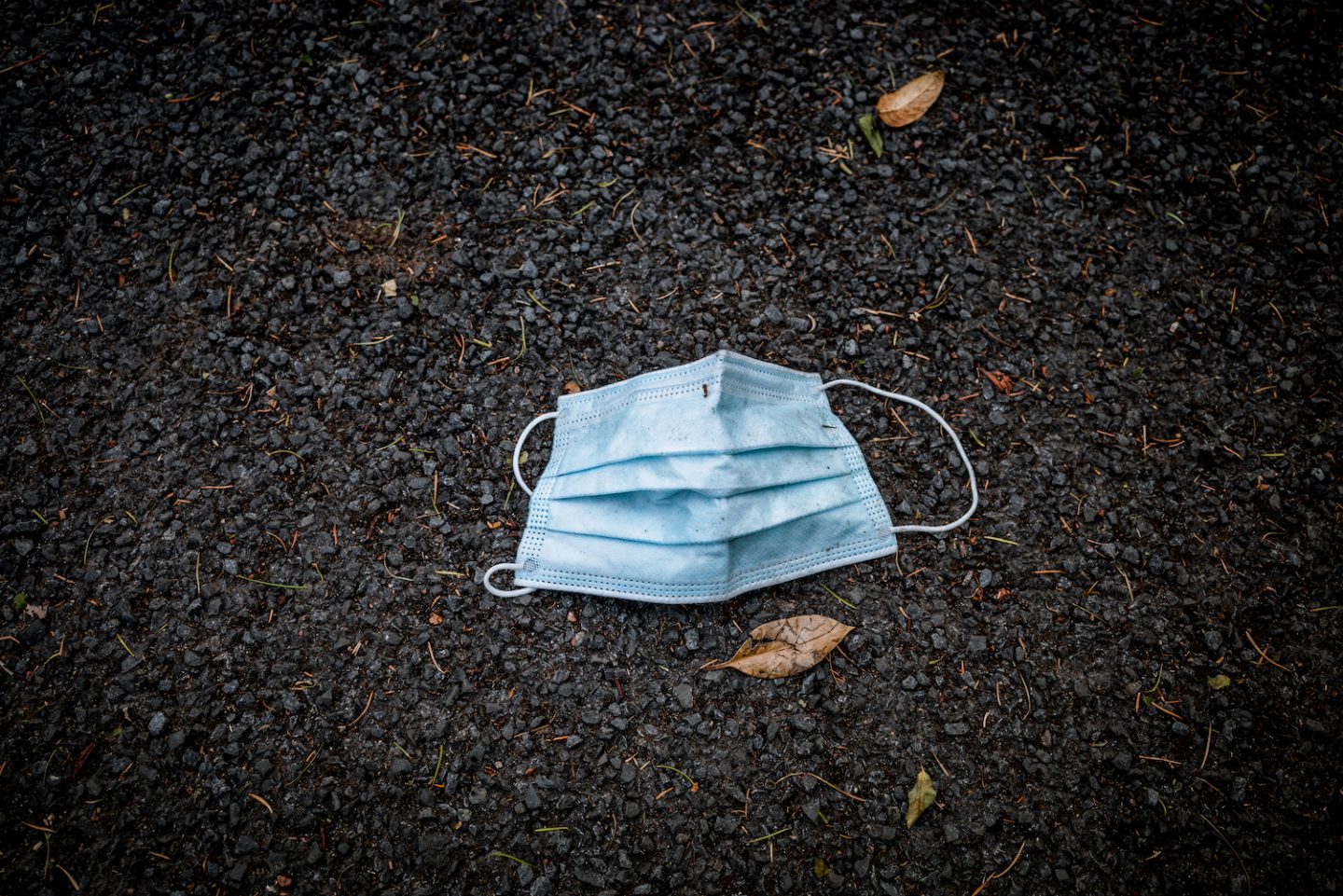
ONLINE | CfP: Suspended Present: Downloading the Past and Gaming the Future in a Time of Pandemic
New School for Social Research
New York City
April 21-23, 2021
Online Conference Organizers
The Memory Studies Group at the New School, Transregional Center for Democratic Studies, and the Democracy Seminar
Online Conference | Call for Papers (New Deadline February 15, 2021)
Augustine of Hippo (353-430 AD) stated in his Confessions that “if the present were always present, and did not pass into past time, it obviously would not be time but eternity” (Book 11, section 14.17). Uncannily, this phrase echoes our suspended present enforced by COVID-19. It is as if we have lost the memory of the recent regular past when we did not wear masks and could freely gather in person. Neither are we sure about our once predictable future, nor is it clear that the way we relate to the past remains unchanged.
From our confined spaces dominated by small computer screens, we see how the pressing issues of our time begin to float in front of us in new condensed forms. The perilous biopolitics of the pandemic, combined with the politics of fear, have reinforced an upsurge of nativism, right-wing populism, xenophobia, conspiracy theories, etc. The outbreak of COVID became an opportunity for authoritarian governments to further solidify their power, which includes restricting civil rights, imposing a state of exception, and fortifying the mass surveillance infrastructure.
However, the pandemic has exposed how incredibly vulnerable we are, not just to this deadly COVID-19 but to an infection that affects the way we think about our past, present, and future. This sickness, like a computer virus, has much to do with the way we download the past and re-frame our memory. What and how we are downloading from our virtualized imaginary serves the goals of governmentality and the politics of “care”. Needless to say, we are all very interested in how to end the suspended time we now live in.
The area of our interest includes but is not limited to the broad themes listed below:
The Past: Pandemic, Power, and the Politics of Memory
- Old and New Democracies Challenged (state of emergency, martial law, the uses of quarantines, surveillance, and lockdowns, etc.).
- Shifting Sense of Time and Space: What happens to the public-private distinction; Migration and Memory.
- New Actors in Memory Discourse: Gender, Race, Age
The Future: How to End a Suspended Time?
- What’s the role of Public Memory in moving beyond the hiatus?
- How to deal with the trauma of the suspension? How to heal the scars?
SUBMISSION GUIDELINES
We welcome submissions from senior and junior scholars including graduate students for individual papers and roundtable discussions (5-7 participants).
- Abstract of an individual paper should not exceed 300 words
- A roundtable proposal should not exceed 500 words
We are also open to other suggestions that might include performances, movie screenings, and art exhibitions in a virtual format.
Please send your proposals along with a short bio (max. 100 words) to memorystudies@newschool.edu by February 15, 2021.
Photo by Ian Livesey from StockSnap